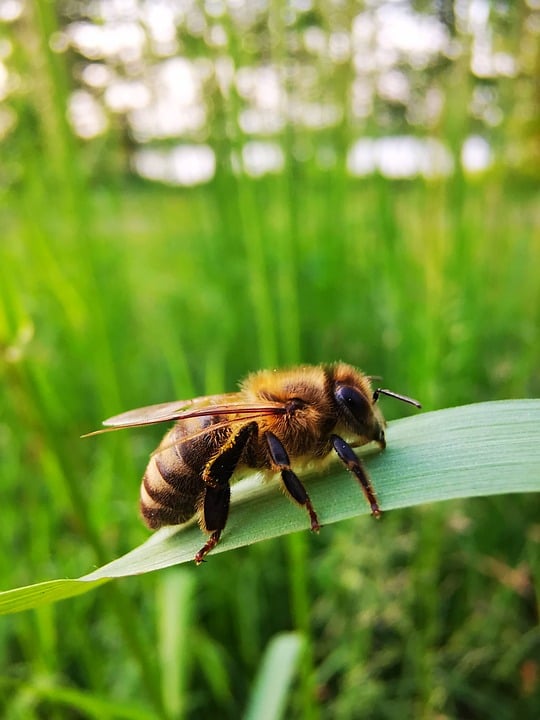In today’s modern world, superstitions are often dismissed as mere beliefs based on illogical or irrational thinking. However, looking back at history, it becomes evident that superstitions played a significant role in shaping the lives of people in the past. From ancient civilizations to medieval times, superstitions influenced everything from daily habits to major life decisions. In this article, we will explore how superstitions impacted people in the past, their historical context, their current state, and potential future implications.
Historical Context of Superstitions
Superstitions have been a part of human culture since the earliest civilizations. Ancient societies believed in the power of symbols, rituals, and omens to control their fate and protect themselves from harm. For example, the Egyptians had various superstitions related to death and the afterlife, such as burying objects with the deceased to aid them in the next world.
During the Middle Ages, superstitions reached a peak as fear of the unknown and religious beliefs intertwined. The widespread belief in witchcraft and the supernatural led to mass hysteria and persecution of those accused of practicing dark magic. Superstitions were used to explain natural phenomena, diseases, and even social issues, shaping the way people lived their lives and interacted with the world around them.
Current State of Superstitions
While the influence of superstitions has diminished in modern times, they still hold a significant place in many cultures around the world. Superstitions related to luck, love, health, and wealth continue to shape the decisions and actions of individuals, even in the face of scientific advancements and rational thinking.
In some cases, superstitions have evolved to adapt to the current socio-cultural context. For example, the belief in lucky charms or rituals to ward off evil spirits may take on new forms in the digital age, such as using emojis or sharing memes for good luck. Superstitions related to technology, such as the fear of electronic devices causing harm, also demonstrate how old beliefs can manifest in new ways in the modern world.
Future Predictions for Superstitions
As society continues to progress technologically and culturally, the role of superstitions may undergo further transformations. While some superstitions may fade into obscurity as scientific knowledge advances, others may persist or even resurface in response to changing circumstances.
With the rise of social media and globalization, superstitions from different cultures are increasingly intersecting and influencing each other. This cultural exchange may lead to the creation of new hybrid superstitions that blend traditional beliefs with modern influences. Furthermore, emerging technologies like artificial intelligence and virtual reality could give rise to entirely new superstitions related to these innovations.
Conclusion
In conclusion, superstitions have played a crucial role in shaping the lives of people in the past, and their impact continues to resonate in the present day. While superstitions may be viewed as irrational or outdated by some, they offer valuable insights into the beliefs, fears, and desires of humanity throughout history. By understanding the historical context, current state, and potential future implications of superstitions, we can gain a deeper appreciation for the ways in which these beliefs have shaped our lives and societies.
Thank you for reading this in-depth exploration of how superstitions have shaped the lives of people in the past. For further study on this topic, we recommend exploring academic research on cultural anthropology, psychology, and sociology to gain a more comprehensive understanding of the role of superstitions in human behavior.
